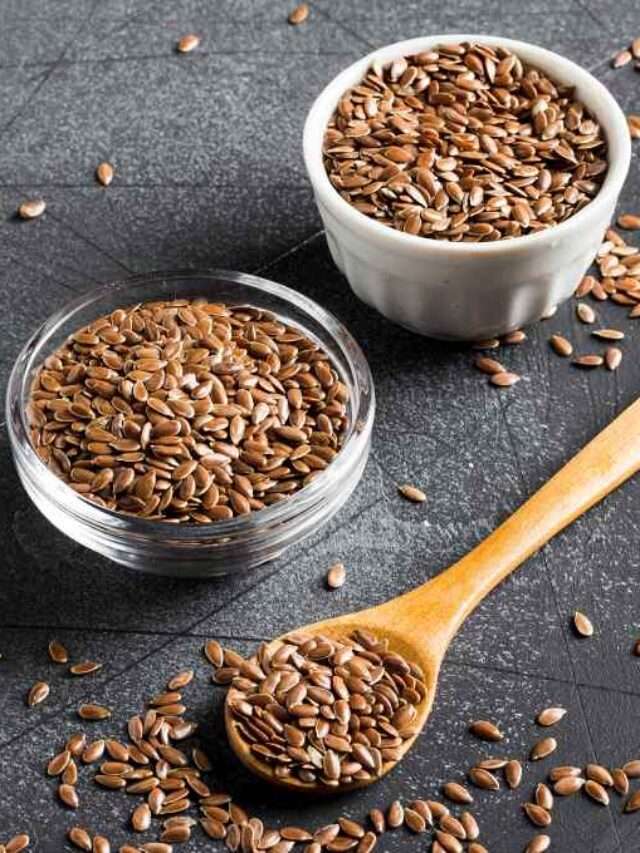Satavari, also known as Asparagus racemosus, is a popular medicinal plant in traditional Ayurvedic medicine. It is native to India and is renowned for its various health benefits. In this guide, we will explore the uses, benefits, potential side effects, and other important information about Satavari.
1. What is Satavari?
Satavari is a woody, climbing plant with needle-like leaves and small, white flowers. Its roots and tuberous rhizomes are the parts primarily used for their medicinal properties.
2. Health Benefits of Satavari:
Satavari is prized in traditional medicine for its wide range of potential health benefits:
A. Women’s Health
- Menstrual Health: Satavari is often used to regulate menstrual cycles, relieve menstrual pain, and reduce symptoms of premenstrual syndrome (PMS).
- Fertility: It is believed to enhance female fertility by promoting healthy ovulation and supporting the uterus.
B. Digestive Health:
- Gastrointestinal Disorders: Satavari may help alleviate digestive issues such as acidity, ulcers, and irritable bowel syndrome (IBS) due to its soothing and anti-inflammatory properties.
C. Immune System Support:
- Immunomodulatory Effects: It is thought to boost the immune system, making the body more resistant to infections and illnesses.
D. Anti-Inflammatory Properties
- Anti-inflammatory: Satavari contains compounds that can reduce inflammation, making it useful in managing conditions like arthritis.
E. Antioxidant Effects
- Antioxidant: Satavari is rich in antioxidants, which can help protect the body’s cells from oxidative stress.
F. Adaptogen
- Adaptogenic: It is considered an adaptogen, helping the body adapt to stress and maintain overall well-being.
G. Other Uses
- Skin Health: Satavari can be used topically to soothe skin irritations.
- Breastfeeding: It is believed to promote lactation in breastfeeding mothers.
3. How to Use Satavari
Satavari can be consumed in various forms:
- Powder: The dried root is often ground into a fine powder and can be mixed with water, milk, or honey.
- Capsules: It is available in capsule form, which provides a convenient way to consume it.
- Tea: Satavari root can be used to make herbal tea.
- Liquid Extracts: Tinctures and liquid extracts are also available.
Always follow the recommended dosage on the product label or consult with a qualified healthcare practitioner for guidance.
4. Potential Side Effects and Precautions
While Satavari is generally considered safe, some individuals may experience side effects or adverse reactions, such as:
- Gastrointestinal Distress: It can cause stomach upset or diarrhea in some people.
- Allergic Reactions: Allergic reactions are rare but possible.
- Hormonal Effects: Due to its influence on hormones, women with hormone-sensitive conditions should use it cautiously.
5. Contraindications
- Avoid Satavari if you have a known allergy to asparagus or related plants.
- Pregnant women should use it under medical supervision.
- Consult with a healthcare professional before using Satavari if you have any underlying medical conditions or are taking medications.
Satavari is a versatile and beneficial herb with a long history of use in traditional medicine. It offers various health advantages, particularly in women’s health and digestive well-being. However, it’s essential to use it cautiously, following recommended dosages and consulting with a healthcare professional if you have any concerns or medical conditions.
READ MORE









